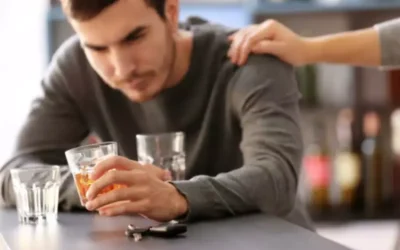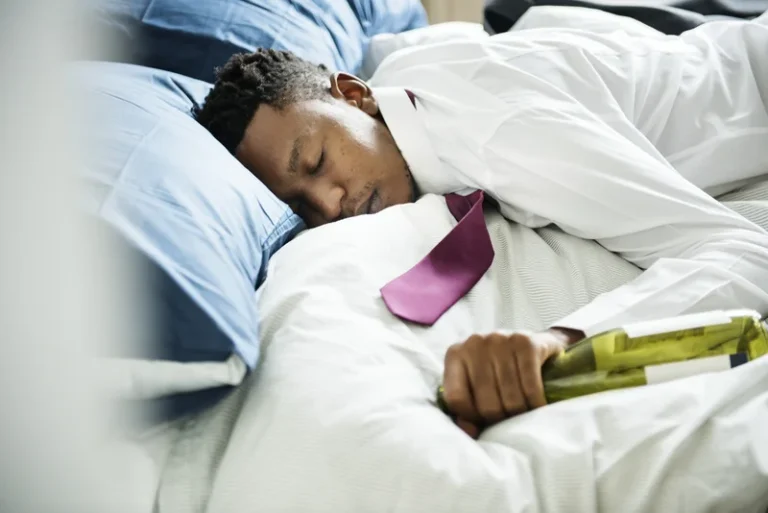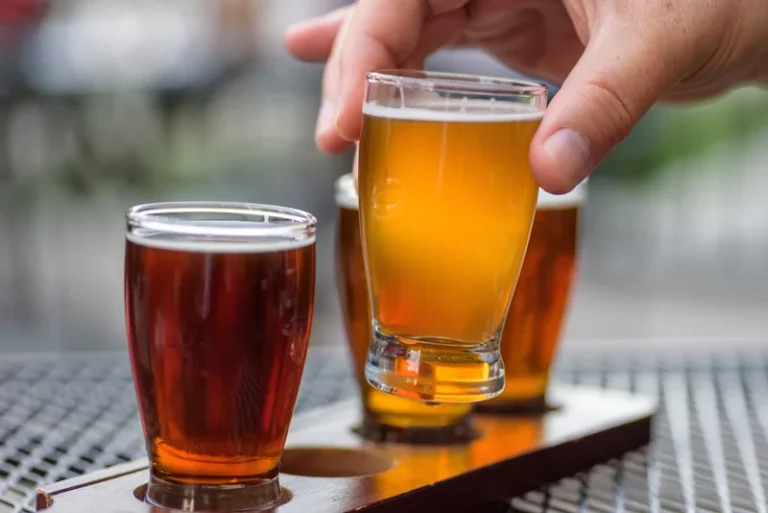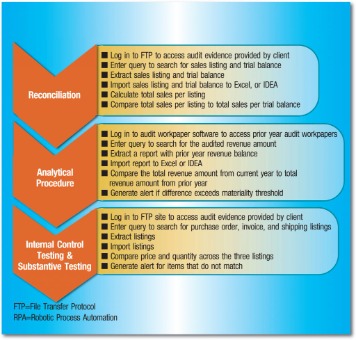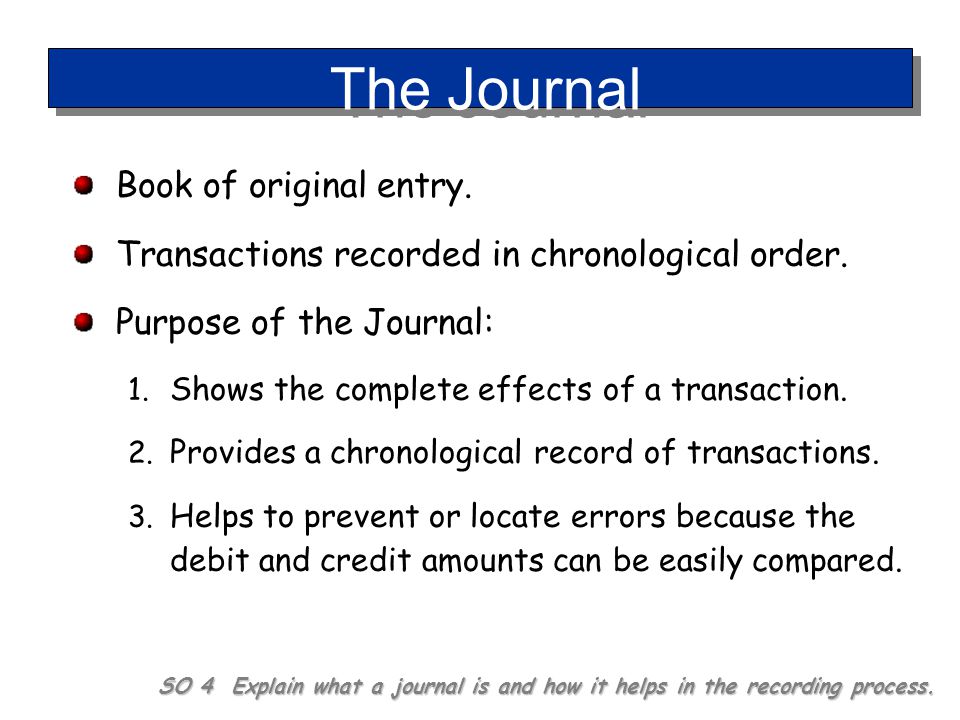If severe anxiety or panic attacks are a problem for you, make sure you get proper nutrition and exercise. Psychotherapy and mindfulness meditation can help you deal with anxiety. Getting proper rest can ease panic-inducing symptoms and prevent a panic attack. Water and easily digestible carbohydrates will help refuel your body and brain, and counteract low blood sugar. Contrary to popular advice, stimulants such as caffeine or sugar, or even smoking, can make both the hangover and the anxiety worse, so avoid them. If you experience an alcohol-induced panic attack, it is important to take the right steps to calm yourself as soon as possible.
Find Substance Use Disorder Treatment At Bedrock Recovery Center
- If you’re someone who is prone to panic attacks when there is no obvious external trigger, dealing with the stress of mistakes can make having one more likely.
- Alcohol is a sedative and a depressant that affects the central nervous system.
- Long-term alcohol use also often leads to tolerance, when a person needs to drink more to get the desired effect.
- You may find yourself calling in sick more often or being less productive when you are at work.
- Alcohol is a common form of self-medication for social anxiety, generalised anxiety disorder, and panic disorder.
- The answer to whether quitting alcohol can cause a first panic attack is hard to determine.
- Delirium tremens (DTs) is a serious side effect of alcohol withdrawal syndrome that shares similar symptoms to anxiety.
This review of literature from multiple disciplines required sacrificing depth for breadth. The material cited is largely limited to seminal studies and other reviews. In addition, complex research on stress and neurobiology is discussed in ways sufficient to make particular points but without providing a comprehensive or in-depth description of the underlying work. Doing so is beyond the scope of this article, but the approach presented in this article runs the risk of oversimplifying complex topics and obscuring relevant details.
Are Alcohol-Induced Panic Attacks a Sign of Addiction?
- “Blacking out,” or experiencing mild to complete memory loss after heavy drinking, can also occur.
- Over time, excessive use of alcohol can cause strain on your body that manifests as acute or chronic health conditions that can include liver and cardiovascular disease.
- If a person drinks regularly, the natural GABA and serotonin levels can get destabilised, making withdrawal symptoms and anxiety attacks worse.
- If severe anxiety or panic attacks are a problem for you, make sure you get proper nutrition and exercise.
- Call Bedrock Recovery Center today for more information about our evidence-based inpatient treatment program for alcohol use disorder.
- Most people can expect to see an improvement in their anxiety symptoms in this time as the brain’s balance of chemicals and processes start to return to normal and you experience better quality sleep6.
Treatment can help reduce the intensity and frequency of your panic attacks and improve your function in daily life. One or both types of treatment may be recommended, depending on your preference, your history, the severity of your panic disorder and whether you have access to therapists who have special training in treating panic disorders. While alcohol might feel like a solution in the short term, this drinking behavior comes with many problems. When people use alcohol to relieve symptoms of a mental health condition, it can quickly become a “crutch.” However, over time or in excess amounts, drinking alcohol can lead to increased levels of anxiety and stress.
Psychiatric Disorder Classifications and Diagnoses
Klonopin: Dosage, side effects, how it works, and more – Medical News Today
Klonopin: Dosage, side effects, how it works, and more.
Posted: Fri, 27 Aug 2021 21:03:46 GMT [source]
From damaging vital organs to impairing brain function and jeopardizing relationships, the negative consequences of excessive alcohol use are far-reaching. Chronic alcohol use raises your risk for health problems, including heart disease, liver disease, cancer, and mental health disorders. An individual attempting to withdraw from their prolonged alcohol use on their own could even develop life-threatening symptoms. People who experience these types of withdrawal symptoms may have other issues that could be damaging to their physical health, such as alcohol-related damage to their heart, gastrointestinal tract, or liver. Research has found that individuals who have an alcohol use disorder and who attempt to withdraw from alcohol often meet the diagnostic criteria for panic attacks as well as for panic disorder and agoraphobia.

Excessive alcohol use
- If you find a connection between drinking alcohol and feeling anxious you can take steps to reduce the amount you drink.
- When you have anxiety and an alcohol use disorder at the same time, you may be able to treat them simultaneously.
- Other people may experience severe symptoms that require professional intervention.
Stopping drinking can also cause you to experience some emotional withdrawal symptoms. You might notice that you feel more anxiety than normal, does alcohol cause panic attacks which can often feel like a panic attack is occurring. People who stop drinking can also experience depression, irritability, and agitation.
Mental Health and Psychological Effects
But once you start drinking, you can build a tolerance to the de-stressing effects of alcohol. Remember, it’s not just alcohol which can causes symptoms that lead to panic attacks. Excessive intake of other drugs and food, including caffeine and sugar, may also be triggers. If you’re someone who is prone to panic attacks when there is no obvious external trigger, dealing with the stress of mistakes can make having one more likely.
Symptoms Of Panic Disorder
How Does Alcohol Impact the Brain?
